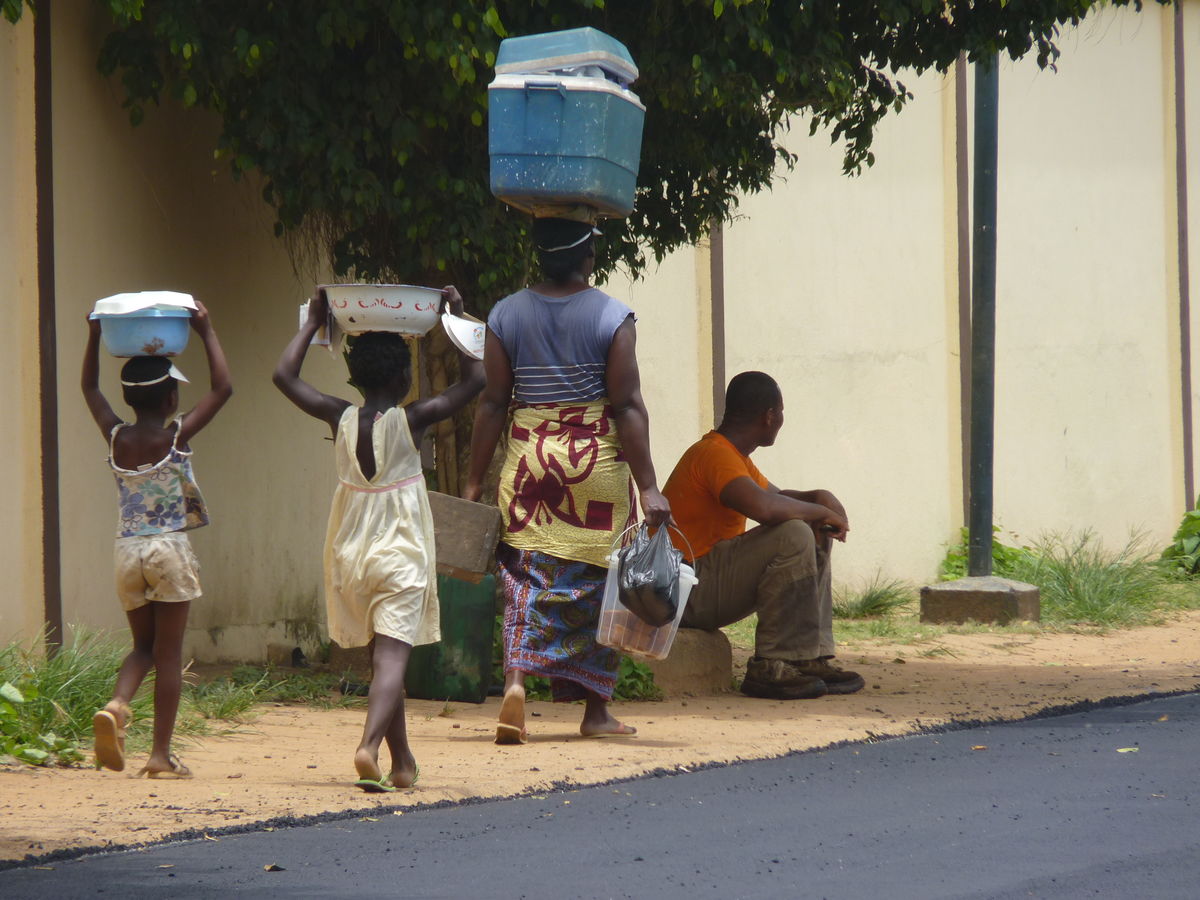Global Hunger & Poverty
We must not become indifferent to the plight of those suffering hunger and poverty.

There are 836 million people living in extreme poverty. Children and elderly are particularly at risk, and nearly half of all deaths in children under five are attributable to under-nutrition.
At the same time, we know that enough food is produced globally to feed everyone. And the wealth of the eight richest people in the world is now equal to that of the poorest 3.6 billion people combined.
We urge support for policies that will encourage equitable economic in the Global South and around the world, providing a just opportunity for all.
United Methodist Social Principles, ¶163.EThese people struggling with poverty and hunger are across the world from us and right next-door. They are United Methodists sitting in pews and those that United Methodists serve through ministries.
Jesus’ own concern for human need in his ministry is a model for the Church’s concern. We must not become indifferent to the plight of those suffering hunger and poverty. The United Methodist Church has called upon its members to repent for the existence of human hunger and for an increased commitment to end world hunger and poverty.
What does the Bible and The United Methodist Church Say:
“God has brought down the powerful from their thrones, and lifted up the lowly; God has filled the hungry with good things, and sent the rich away empty.” (Luke 1:52-53)
“No more shall be heard the sound of weeping in [Jerusalem], or the cry of distress. No more shall there be in it an infant that lives but a few days or an old person who does live out a lifetime … They shall build houses and inhabit them; they shall plant vineyards and eat their fruit … They shall not labor in vain, or bear children for calamity.” (Isaiah 65:19b, 20a, 21, 23a)
“We claim all economic systems to be under the judgment of God, no less than other facets of the created order. As a church, we are called to support the poor and challenge the rich. We urge support for policies that will encourage equitable economic in the Global South and around the world, providing a just opportunity for all. Poverty most often has systemic causes, and therefore we do not hold poor people morally responsible for their economic state.” (Social Principles, ¶163.E)
Three Things You Can Do:
- Contact your elected officials and urge them to provide robust and sustained funding for international programs to eliminate poverty
- Create or enhance a Ministry With the Poor in your conference to address root causes of poverty.
- Learn about Sustainable Development Goals (including those on poverty, hunger, clean water, and education).
Related Resources
For more information on Global poverty and hunger, visit:
- Learn about the Sustainable Development Goals
- God’s Renewed Creation: Call to Hope and Action – a statement by the Council of Bishops
- United Methodist Book of Resolutions: